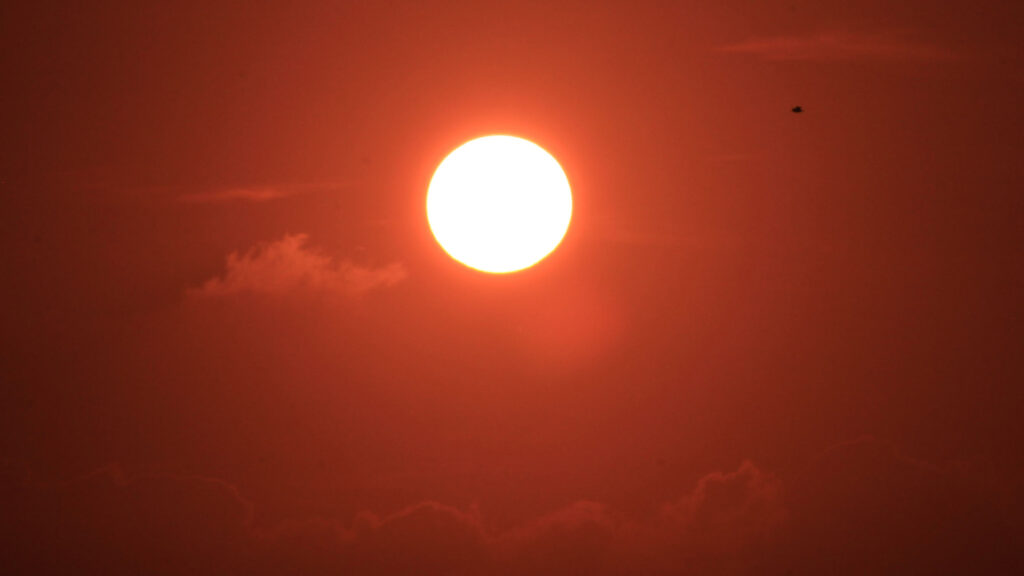A roundup of news items related to climate change and other environmental issues in Florida:
Extreme heat is challenging school districts across Florida | WUSF

Record-breaking temperatures are challenging school districts across the greater Tampa Bay region.
While most don’t have a formal heat-wave policy, they are having to make some adjustments.
Pasco school district spokeswoman Melanie Waxler said Monday that overworked air conditioning systems are starting to fail, and schools are seeing an increase in maintenance requests. Some schools are also limiting outdoor activities or moving them inside.
From kidney stones to sand burns: The offbeat health dangers of Florida’s extreme heat | South Florida Sun Sentinel
When a middle-aged man arrived Monday at Margate’s HCA Northwest Hospital emergency room with major muscle cramping from his feet to his shoulders. Dr. Craig Kushnir knew right away what was going on
“He was dehydrated,” the emergency room doctor said, adding that he has seen several patients with intense muscle cramping in the last few weeks as South Florida temperatures have climbed.
Doctors say all kinds of offbeat heat-related illnesses are cropping up from this summer’s extreme heat and sending people to local emergency departments. While heat stroke is one of the most worrisome health risks, the health impacts of scorching temperatures can include anything from horrible anxiety dreams, to painful kidney stones — to people being burned just by falling on the ground.
How hot is South Florida? Beach sand was 137 degrees and playground floor reached 177 | Miami Herald
Employing an infrared thermometer, the Herald recorded stunningly high surface temperatures across 10 sites in Miami-Dade and Broward counties.
A summer of record-breaking heat hasn’t been enough to keep the seriously buff off the equipment at famed Muscle Beach on South Beach. But the surrounding scorching sand is often another story.
It measured a stunning 137 degrees at peak heat one recent sunny day, according to infrared surface thermometer.
If you have any news items of note that you think we should include in our next roundup, please email The Invading Sea Editor Nathan Crabbe at ncrabbe@fau.edu. Sign up for The Invading Sea newsletter by visiting here.



